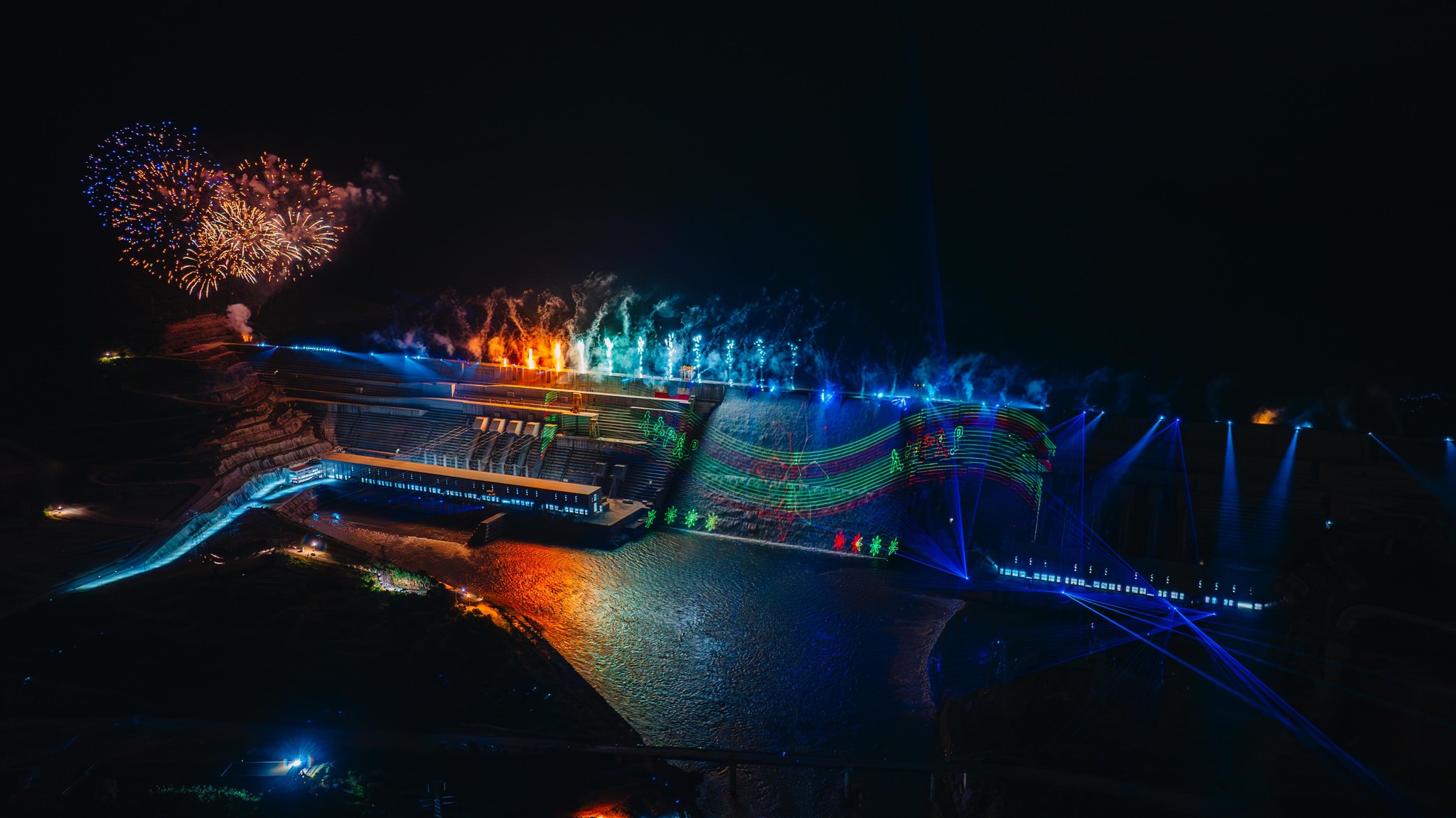Egypt's Colonial Nile Water Hegemony Outdated - ENA English
Egypt's Colonial Nile Water Hegemony Outdated

By Henok T.
Historically, Egypt and Sudan constructed major dams over the Nile, notably the Aswan High Dam and the Sennar Dam, without notifying and seeking consent from other basin states including Ethiopia. However, Ethiopia, constructed GERD notifying the lower stream states.
Ethiopia’s move is a diplomatic, and brotherly gesture—in stark contrast to Egypt’s colonial mindset of utilizing the Nile waters with Egypt.
Ethiopia committed to the Declaration of Principles (DoP) in 2015, which acknowledging the need for cooperation, fair use, and non-harm, setting a standard for consultation, nullifying the colonial era agreement which does not recognize the source of Abay River, Ethiopia, which contributes over 86 percent of water to downstream states.
Simply because Ethiopia is the source of the Abay River, Egypt had been a safe haven for violent groups engaged in destabilizing Ethiopia. Egypt had been providing trainings and logistics to separatist groups to undermine Ethiopia. Egypt has never wanted Ethiopia to prosper. Egypt was fanning tensions between Ethiopia and its neighbors.
It is against this background that the inauguration of the Grand Ethiopian Renaissance Dam (GERD) is a historic milestone for Ethiopians and beyond.
The successful completion of the dam is more than just a national achievement, expanding our strategic horizons and provides a foundation for implementing yet another mega projects in a united, forward-looking and geopolitical strategy, setting priority to African solidarity.
Ethiopia has never acted unilaterally. From the very start of the GERD project in 2011, Ethiopia has pursued open dialogue through the tripartite mechanism with Sudan and Egypt, repeatedly reaffirming its commitment to the Declaration of Principles (DoP) signed in Khartoum in 2015 — a document that Egypt itself endorsed. That declaration clearly recognizes Ethiopia’s right to utilize its natural resources for development.
The GERD is not a political tool, nor a project designed to control the Nile. It is a purely hydro-electric facility—a clean-energy investment built without external loans or conditionalities. The dam generates power, not scarcity; light, not confrontation.
Contrary to the assertions made in Cairo, the controlled filling and operation of the dam have not caused harm to downstream nations. Independent hydrological analyses, confirm that fluctuations in river flow are within normal seasonal variations. No farmer in Egypt or Sudan has been deprived of a single drop of water because of the GERD.
Ethiopia continues to release water in accordance with the dam’s engineering design and natural hydrological cycles. As the country that contributes over 86 percent of the Nile waters, Ethiopia bears the highest responsibility to protect the basin’s sustainability. It is therefore illogical to accuse the upstream source nation of deliberately undermining the very resource on which its own people depend.
The Nile is a shared African river, not a colonial possession. Development along it should follow the principle of 21st century, based on mutual benefit as enshrined in international water law.
Egypt and Ethiopia are Africa’s two most populous nations and among its five largest economies. Their future prosperity lies not in accusation and mistrust but in partnership.
Ethiopia’s hydropower capacity can supply clean electricity to its neighbors and beyond — stabilizing grids, reducing carbon emissions, and cutting the heavy costs of fossil-fuel imports. Storing water in Ethiopia’s cool highlands reduces evaporation losses that plague Lake Nasser, saving billions of cubic meters annually.
Egypt as a downstream country, benefits from water conservation at the GERD instead of wastage of billions of cubic meters of water to evaporation and in downstream flood.
GERD is a mega continental energy project that would gear Africa’s economic integration in realizing its long term vision of power grid and prosperity of the continent.
During the the inauguration of GERD, Prime Minister Abiy stressed that the dam is comparable to the victory of Adwa, heralding a new era of prosperity for Ethiopia.
"We have heard history. We have seen history. We have learned history. But today, we were able to become the generation chosen by God to make history and stand upon it to speak," Abiy emphasized.
The GERD, which has created a massive reservoir with a capacity of 74 billion cubic meters of water, has been named "Nigat Lake (Dawn Lake).
“This lake has brought with it a wealth greater than Ethiopia's GDP. This generation has accomplished a great deed with the Renaissance Dam. The era of begging has ended, ” he underscored.
Abiy described the GERD as “the biggest mega project in the history of the Black people” and extended invitation to visit what the nation has accomplished.
“The Nile is a gift from God to all the peoples who live along its banks. We can only secure it if we care for it together,” Prime Minister Abiy reiterated.
It is time to return to that spirit — the spirit of shared destiny and mutual respect. Only through cooperation can the Nile continue to nourish not just two nations, but an entire continent.